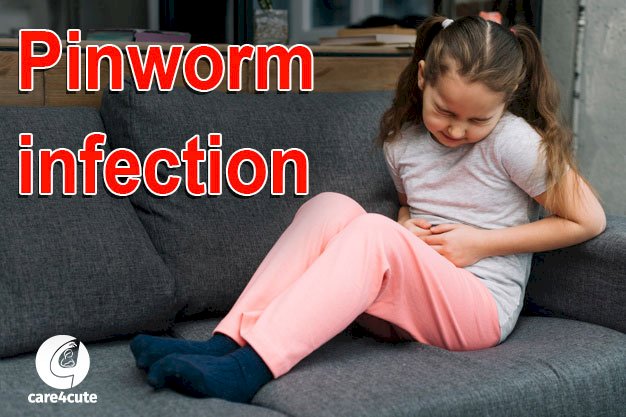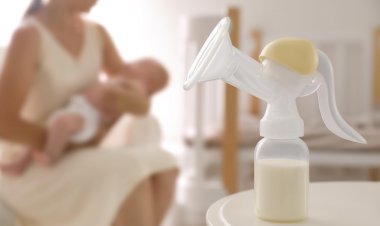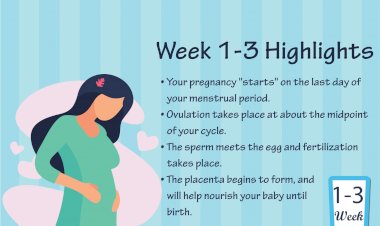Pinworm Infection: Cause, Symptoms, Treatment

Pinworm Infection or Enterobiasis
Pinworm infection is the most common type of intestinal worm infection worldwide. Pinworms are visible. They are 6-13 mm in length, white worm but the pinworm eggs are so small and can see only through microscope.
Pinworm infection occurs most common in school-age children, and it can spread from child to child very easily.
Symptoms:-
Symptoms of pinworm infection are following:-
- Itching at the anal opening or vaginal area
- Restless sleep
- Irritability
- Teeth grinding and restlessness
- Occasional stomach pain
- Sometimes nausea
Pinworm infections often have no symptoms.
Causes:-
Pinworms infections are highly contagious. You can be infected with pinworms infection by accidently ingesting or inhaling pinworm eggs from contaminated food or surface.
These eggs are often deposited onto a surface or object by an infected person. The cycle of infection begins with the ingestion of these tiny eggs.
Once the eggs enter your body, they remain in the intestine until they mature. The female pinworms move into the colon and exit the body through the anus at night and lay eggs in the folds of skin around the anus and then back to the colon. These eggs cause anal itching and irritation.
When a person scratches the affected area, the pinworm eggs transfer to the finger nails. These eggs can survive for several hours on your hands.
When this person who’s hands been infected touches other objects in house like bedding, clothing, toilet seats, or toys, the eggs will transfer to these objects. Pinworm eggs can live on these contaminated surfaces for up to three weeks.
Children can transfer pinworm eggs easily because they may put infected toys or other objects directly into their mouths. These eggs can also transmit from contaminated fingers to food.
Risk factors:-
- Being young: Pinworm infections are most common in children ages 5 to 10 years. Child can spread these eggs easily to family members, caretakers, or other children at school. Pinworm infections are uncommon in children younger than age 2 Years.
- Living in crowded spaces: People who live in crowded place are at higher risk of developing pinworm infections.
Complications:-
Typical pinworm infections don't cause serious problems. In rare cases, heavy infestations can cause infection of female genitals.
The parasite can travel from the anal area up the vagina to the uterus, fallopian tubes and around the pelvic organs. This can cause problems such as inflammation of the vagina (vaginitis) and inflammation of the inner lining of the uterus (endometritis).
Other complications of a pinworm infection may include:
- Urinary tract infections
- Weight loss
- Anorexia
- Infection in the abdomen
Prevention:-
Pinworm eggs can live and deposit to surfaces, toys, bedding and toilet seats, for two weeks. So regular cleaning of surfaces is essential.
- Wash in the morning: Pinworms lay their eggs at night, washing the anal area in the morning can help reduce the number of pinworm eggs on your body. Bathing may help avoid possible re-contamination in water.
- Change undergarments and bedding daily: This helps remove eggs.
- Hot water: Wash bed sheets, pajamas, underwear, washcloths and towels in hot water to help kill pinworm eggs. Dry on high Sunlight or heat.
- Don't scratch. Avoid scratching the anal area. Cut your child's fingernails so there's less chances for eggs to deposit on fingers. Also watches for your child to avoid biting his or her nails.
- Wash your hands. To reduce your risk of getting or spreading an infection, wash your hands well after using the toilet or changing a diaper and before eating.
Treatment:-
Your doctor will treat a pinworm infection effectively with oral medication.
Since pinworms pass so easily from one person to another so everyone living in the house of an infected person will need treatment at the same time to prevent reinfection.
The most common medications to treat pinworm infection are:
- Mebendazole
- Albendazole
- Pyrantel pamoate
Consult your doctor before using these medication for dose and duration.




































Comments (0)